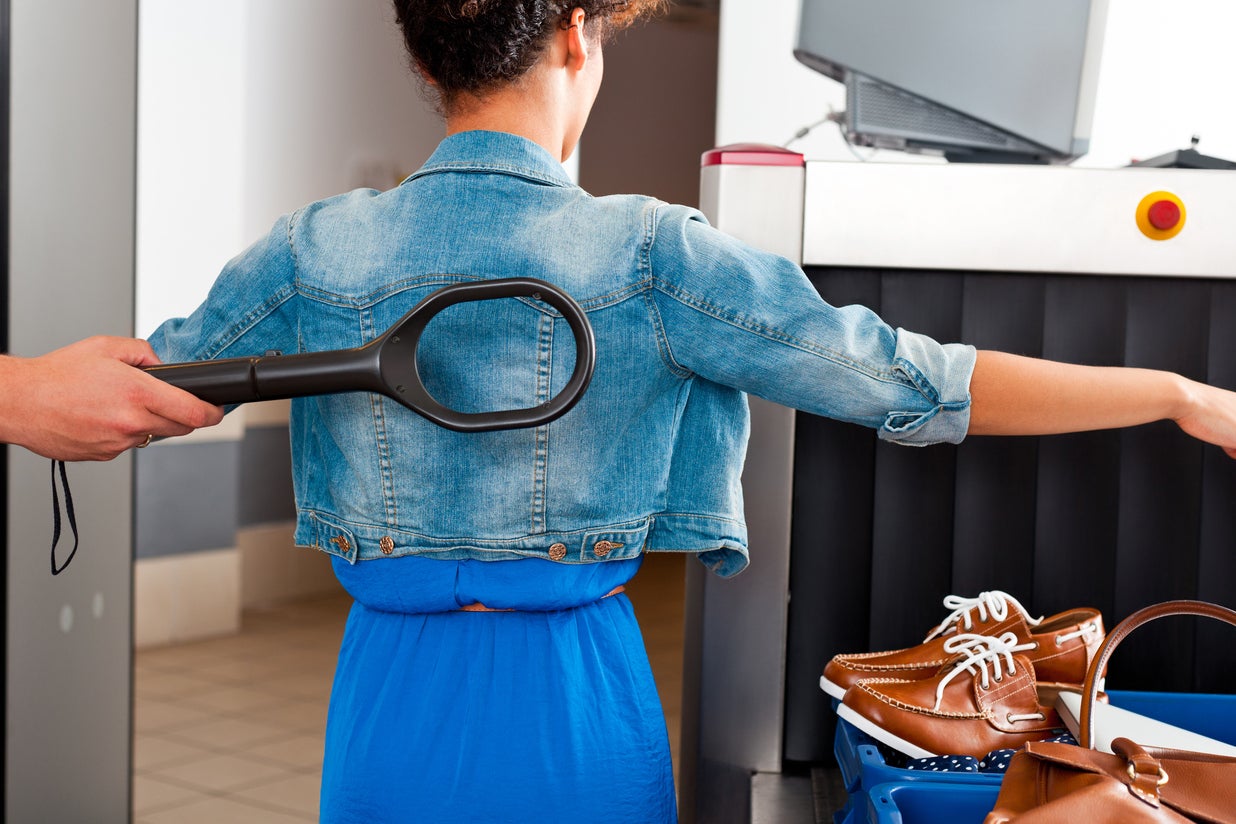NAACP travel advisory: Is 'flying while black' the new 'driving while black' in the US?
As the NAACP issues a travel advisory suggesting African American passengers avoid American Airlines, Jamila Bey explains why racism rules the skies in the USA

On 24 October 2017, America’s best known civil rights organisation, the NAACP, issued a travel advisory warning African American passengers to avoid flying with American Airlines due to a series of racist incidents.
“The NAACP for several months now has been monitoring a pattern of disturbing incidents reported by African American passengers, specific to American Airlines,” the NAACP said in a statement. “In light of these confrontations, we have today taken the action of issuing national advisory alerting travellers – especially African Americans – to exercise caution, in that booking and boarding flights on American Airlines could subject them to disrespectful, discriminatory or unsafe conditions.”
AA CEO Doug Parker has said that he is “disappointed” at the news, and that AA is “eager to meet with them to listen to their issues and concerns”.
Flying out of Washington DC is always more of a palaver than most other places in the US when it comes to getting through security. This, coupled with the fact that I usually travel with a laptop computer and an electronic medical device that I need to carry on board, makes me mildly uneasy when travelling from there. What makes me even more apprehensive about getting through security smoothly though, is the baggage I’m unable to check at the gate: my dark skin, afro hair and obvious Muslim name.
Americans are well aware of the “driving while black” phenomenon, which refers to being pulled over and forced to interact with the police based on the colour of your skin. Simply being behind the wheel of a car in what’s considered to be the “wrong” neighbourhood is one transgression that might get a motorist stopped, questioned and detained. But these days, flying is the new driving when it comes to black people being treated differently.
The assumption that you couldn’t possibly be flying in business or first class is a common indignity experienced by black fliers everywhere. And as the number of people flying increases overall, so the scope for prejudices to ruin a trip increases too.
Around the globe, people have heard about the horrifying United Airlines incident, when Asian-American doctor David Dao had his teeth knocked out while being brutally dragged off a plane because he refused to give up his seat to an airline employee. Recently, a family was reported to airport police and kicked off their flight because they brought aboard a birthday cake. Instances such as these are maddeningly common. The hashtag #FlyingWhileBlack trended a year ago when poet Imani Cezanne was thrown off a flight for making a flight attendant feel “threatened” – all because she asked why a non-English speaking pair were removed from the exit row they shared. The hashtag continues to pop up whenever poor treatment and race collide in the air.
In the US, the Transportation Security Administration (TSA) is an agency that was created in wake of the September 11 terror attacks to provide screening and security at all American airports. Despite repeated scandals, including agents caught stealing from bags and missing obvious dangers in carry-on luggage – guns, banned content and weapons – those who work for the agency are still given the authority to screen passengers and, crucially, to select who will endure additional security checks.
One major stressor for many African Americans going through airport security is their hair. I’ve actually taken to flying in a headscarf because the number of times my hair has been molested pre-flight has become intolerable to me. If I wear my hair in an afro, there’s a 50 per cent likelihood that I’ll be selected for additional screening – during which a stranger will grab my coif and rake their fingers through my strands. Even if my hair is twisted or braided so tightly you can see my scalp in places, it’s no guarantee that I won’t be roughly patted and poked on the head. The TSA has had several complaints about the practice, and the American Civil Liberties Union even got the agency to concede that it’s a procedure they could likely do away with in most cases. Yet reports continue that black women are being treated like livestock in a petting zoo before they board flights in the US.
And the rules that apply on land seem to apply in the skies too – bad behaviour from Caucasian folks gets lighter treatment, is tolerated or is even simply ignored. The same behaviour from those who aren’t white seems to get a totally different response.
One man was removed from his flight for daring to use the bathroom while the plane sat on the tarmac. The pilot returned to the gate and demanded he leave. When he refused, the entire plane was offloaded of passengers.

Symone Sanders, the national press secretary for US Senator and presidential candidate Bernie Sanders, had four police officers descend upon her when she raised her voice in frustration at a travel snafu in an airport.
Clearly all fliers of all races want safety and need to be sure that rules are followed and passengers and crew are treated fairly. But the reality of the matter is that, for many black travellers, there is an underlying fear of humiliation, punishment or police involvement that comes with simply going about the business of flying. Those who experience disparate treatment can also be reticent about calling it out, for fear of being labelled a liar or a troublemaker.
As the opportunities expand for people to travel and experience, my great hope is that they will start to recognise that the world belongs to all people – and act accordingly.
Join our commenting forum
Join thought-provoking conversations, follow other Independent readers and see their replies
Comments
Bookmark popover
Removed from bookmarks